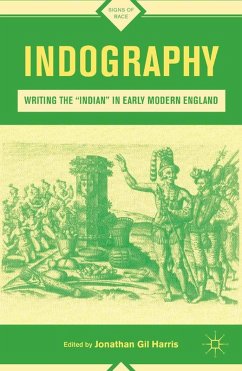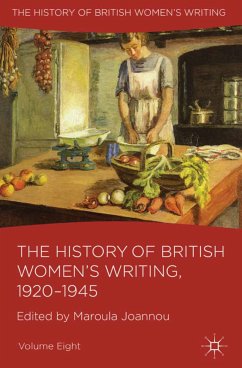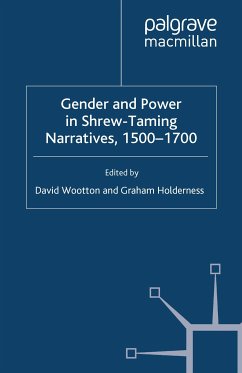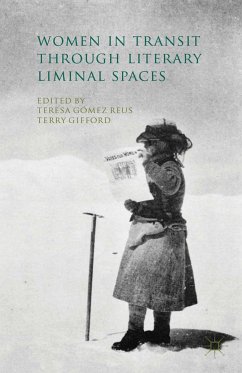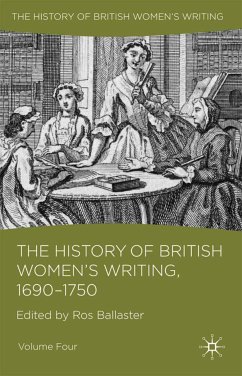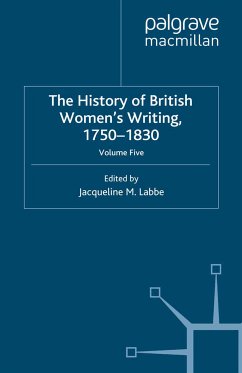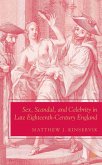In the fifteenth and sixteenth centuries, Europeans invented 'Indians' and populated the world with them. The global history of the term 'Indian' remains largely unwritten and this volume, taking its cue from Shakespeare, asks us to consider the proximities and distances between various early modern discourses of the Indian. Through new analysis of English travel writing, medical treatises, literature, and drama, contributors seek not just to recover unexpected counter-histories but to put pressure on the ways in which we understand race, foreign bodies, and identity in a globalizing age that has still not shed deeply ingrained imperialist habits of marking difference.
Dieser Download kann aus rechtlichen Gründen nur mit Rechnungsadresse in A, B, BG, CY, CZ, D, DK, EW, E, FIN, F, GR, HR, H, IRL, I, LT, L, LR, M, NL, PL, P, R, S, SLO, SK ausgeliefert werden.

